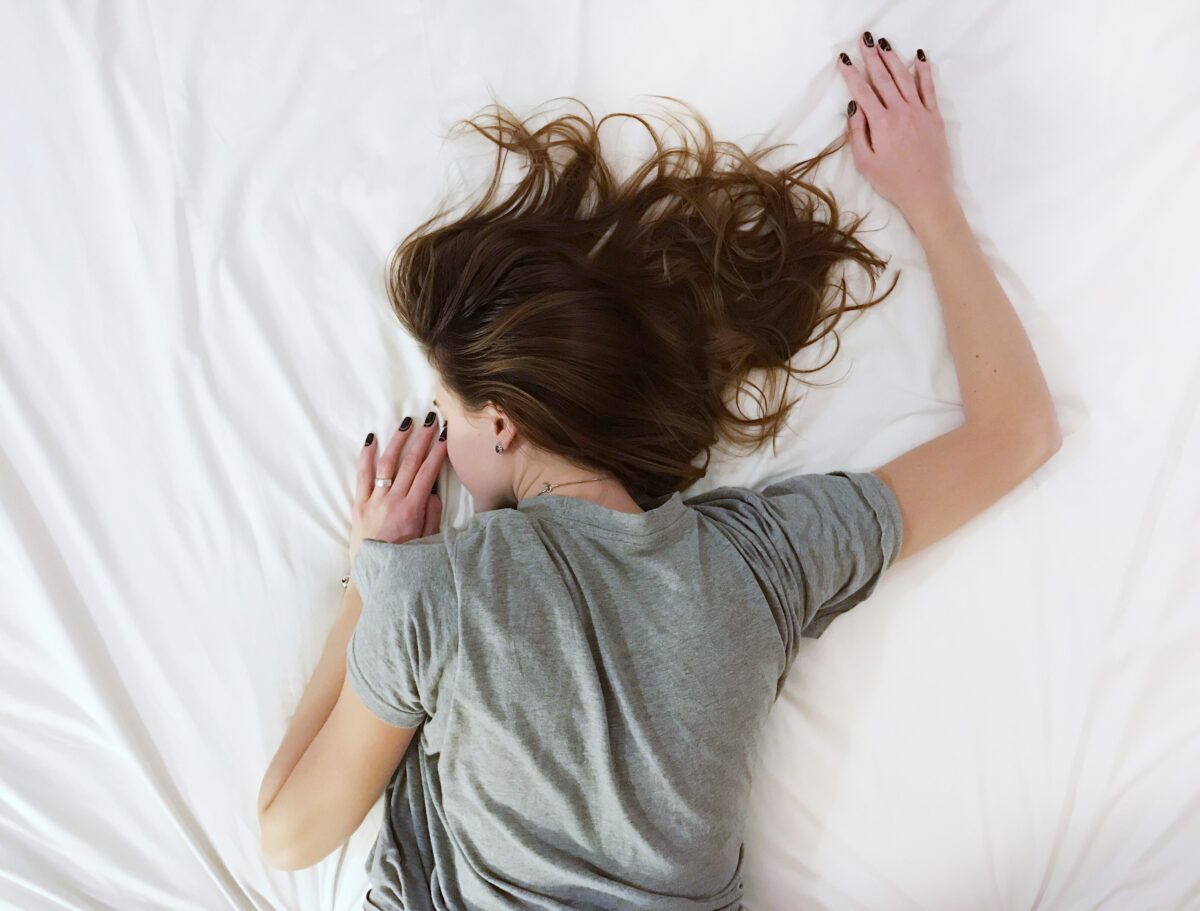For many years, medical experts believed that sleep was just a passive activity. They thought it was when both your body and mind took a breather from the world.
Yet, it turns out that sleep is when your body may be resting. But your brain is hard at work carrying out multiple activities that are necessary to your life.
In short, the better your sleep, the better the quality of your life will be in general. Add to that the fact that we spend a third of our time doing it. That should be enough to get you motivated to get the best sleep you can.
Keep reading to find out all you can about sleep and how it affects our overall well-being.
What Is Sleep?
Dr. Rafael Pelayo, MD, a sleep specialist at the Stanford Sleep Medicine Center in Redwood City, defines sleep as, “…a natural restorative, physiological process.”
We also get a similar definition from sleep experts at Harvard Medical School of Sleep Medicine. Yet, they take it a step further by characterizing sleep as the following:
- A process where you’re less likely to be responsive to external stimuli
- A state of consciousness that can be easily reversed
- A physiological state that affects brain wave activities, blood pressure, and temperature
- A vital bodily process that maintains healthy physiological and mental functions
The Different Stages of Sleep
As you sleep, your brain goes back and forth between two stages: (rapid-eye movement) REM and non-REM. Each one lasts about 90 minutes.
The first part of the sleep cycle is non-REM, which is made up of three phases:
- The first phase is when you’re just falling asleep.
- The second is light sleep is when your body temperature drops and heart rate slows down.
- The third is deep sleep is the most restorative when your heartbeat slows down the most.
After that, comes the REM sleep cycle. This is when your eyes dark quickly from side to side because brain activity is at its peak. It’s also when most of your dreams happen, especially those you remember when you wake up. Your heart rate increases slightly, while your breathing becomes quicker and irregular.
Another interesting fact: during REM sleep, your arms and legs are temporarily paralyzed. Experts believe this is our body’s way of protecting itself in case you decide to act out any of your dreams.
The two most important stages are deep sleep and REM sleep. They play vital roles when it comes to memory consolidation and boosting cognitive functions.
Why Is Sleep Important?
Getting good-quality sleep each night is vital for maintaining a healthy lifestyle. Never look at sleep as a luxury or an indulgence as our society would like us to believe.
During sleep, your body and mind sift through everything you went through that day. They throw out what you don’t need and permanently store the important information.
When you’re sleep-deprived, you go through the day unable to focus and your attention span is shot. Not getting enough sleep also affects many physiological processes. So, you end up feeling worn out and exhausted the whole day.
Here are some of the other benefits of getting good-quality sleep.
- You wake up feeling refreshed and energized
- Sleep boosts your immune system
- Your whole body needs sleep to stay healthy and disease-free
- Sleep helps regulate emotions and manage stress
- Memories are reorganized during sleep
- Sleep helps restore cognitive functions while elevating focus and concentration levels
How Can We Get a Good Night’s Sleep?
How much sleep you should get differs from one person to the next. It factors in age, gender, health condition, and even genes.
Yet, according to the National Sleep Foundation (NSF), adults should aim to get anywhere between seven to nine hours of good-quality sleep each night.
Researchers have come up with several strategies to help you get a peaceful, full night’s sleep. You can turn these strategies into goals, then, eventually, habits. All you have to do is practice them each day and be consistent.
Let’s check them out.
Make Your Bedroom a Sleep-Friendly Zone
For starters, you should dim the lights about half an hour before going to bed. Make sure the room is at a pleasant temperature.
Your sheets and duvet should be snug and cozy. Another important point to factor in is your mattress and pillow. They should be firm, yet comfortable to help you fall asleep faster.
Establish a Regular Bedtime Routine
Create a routine where you go to bed and wake up at the same time every day. Try to be consistent, even on weekends.
After a few days, your body will get the message and engage your body’s circadian rhythm. When this rhythm is in sync, you’ll fall asleep easier and wake up feeling more refreshed.
Yet, if it’s out of whack, you’ll feel the same fogginess and drowsiness typically associated with jet lag.
Avoid Stimulants and Large Meals in the Evening
Medical experts recommend that you avoid drinking or consuming stimulants for about four to six hours before bedtime. Remember that caffeine has a half-life of four to five hours. In other words, your body takes about five hours to get rid of only half the amount of caffeine you consumed.
Just as detrimental to sleep as caffeine, heavy meals can make you feel uncomfortable. Rather than start to relax, your digestive system will work overtime to digest all the food you consumed. This will also make it harder to fall asleep.
Ban Screens from Your Bed
The light that comes from cell phones and computer screens is detrimental to sleep. Your brain mistakes this light for sunlight. As a result, it blocks the release of melatonin; the hormone that signals your brain to sleep.


